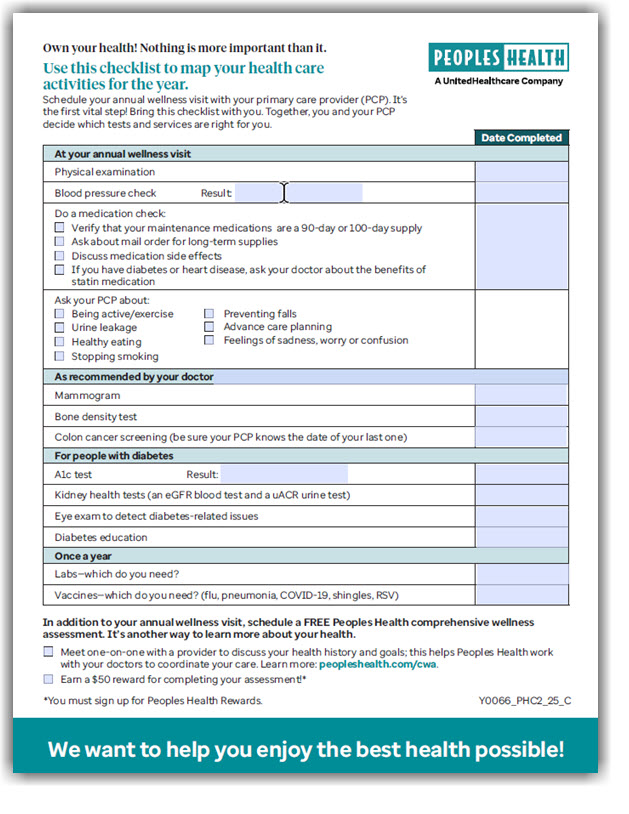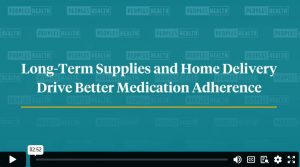NCQA updated two HEDIS® care measures for 2025 for post-discharge mental health appointments. Follow-up care is not limited to a licensed mental health provider. Both medical providers and non-licensed mental health providers can close gaps by conducting the appointments.
A mental health diagnosis is required, and follow-up must occur within seven days of discharge. Additionally, new activities allowed for gap closure are peer support, residential treatment services and virtual visits.
Providers play a crucial role in ensuring that patients discharged from emergency departments or inpatient stays with a mental health diagnosis receive timely
follow-up care.
New services and codes are allowed for follow-up appointments. These include G0140, G0177, H0024, H0025, H0038, H0046, H2014, H2023, S9445, T1012 and T1016. Specific billing and diagnostic codes must be used for the services to count towards the measures.
Review the full billing code lists below, including for factors around payment.
Tips and best practices to help close this care opportunity
The measures focus on follow-up treatment with a primary care provider or a behavioral health practitioner.
- See patients within seven days of discharge and bill with a mental health diagnosis.
- If a patient is unable to be seen within seven days, an appointment must be scheduled within
30 days of discharge. - Encourage the use of telehealth appointments when appropriate.
- To refer a patient to a behavioral health specialist or to request coordination of care, call the number on the back of the patient’s health plan ID card or search for a provider at liveandworkwell.com.
Note the following required exclusions: members in hospice or using hospice services and deceased members. The exclusion time frame is anytime during the measurement year.
Tools and Resources and an Opportunity for CME Credit
Coordination of care among behavioral health clinicians and medical care providers improves patient quality of care. And the integration of behavioral health services into the clinical primary care setting is an important care model to manage population health and improve outcomes. We encourage you to explore the following:
Clinical and Quality Measures Toolkits – find condition resources, including provider and patient handouts, screening tools, treatment guideposts, and more.
Behavioral Health Identification, Treatment and Referral in Primary Care: 3-Part On-Demand Series – register for and complete this webcast series outlining best practices for integration and earn CME credit.
Closing the Gap on Follow-up Care After Discharge – reference this one-pager for a quick summary of 2025 changes.
Contact Provider Services if you need assistance: 1-877-842-3210.














